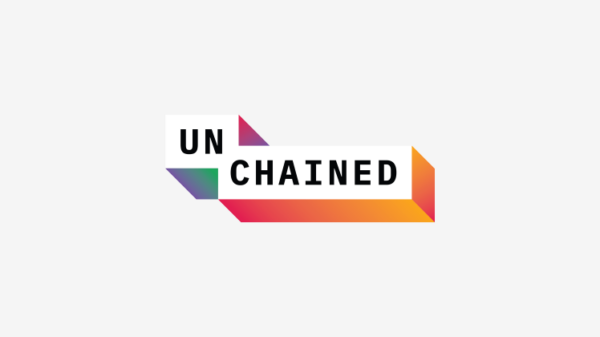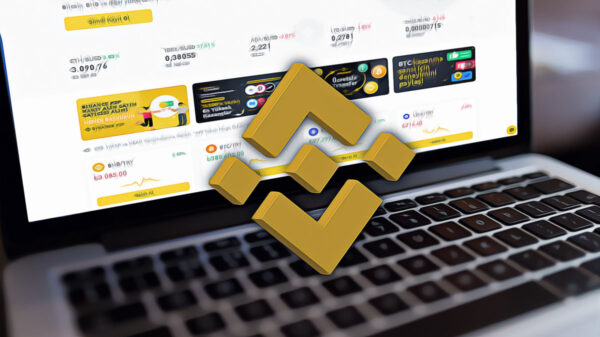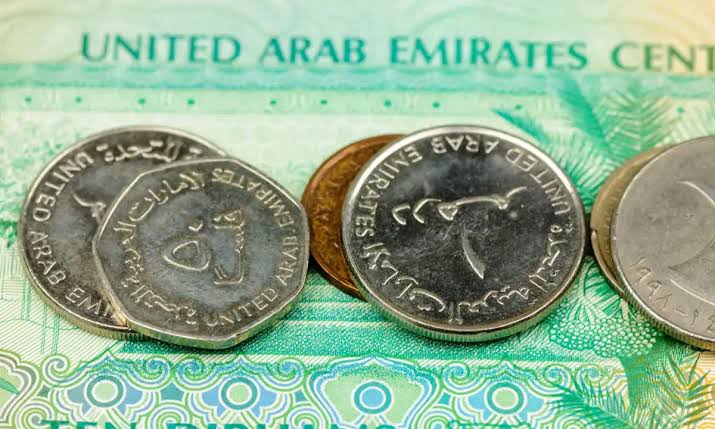The United Arab Emirates has marked a pivotal advancement in digital finance as its central bank digital currency (CBDC) pilot successfully executed its first real-world transaction, achieving settlement in under two minutes. This significant development underscores the potential speed and efficiency of digital currencies in today”s financial landscape.
The transaction was conducted by the Ministry of Finance in collaboration with the Dubai Department of Finance, utilizing the multi-central-bank CBDC infrastructure known as mBridge. This achievement follows the initiation of the Digital Dirham pilot program back in March, which has been built upon earlier cross-border testing efforts.
UAE officials have highlighted the digital currency”s objective to complement the traditional dirham, aiming to enhance transaction speed and security for consumers and businesses alike. Maktoum bin Mohammed bin Rashid Al Maktoum, the First Deputy Ruler of Dubai and Minister of Finance, emphasized the transaction”s significance, describing it as a “pivotal milestone in the history of government financial transformation in the UAE.”
The successful completion of this transaction illustrates the increasing practicality of CBDCs for everyday use. Early feedback indicates that the process was seamless, with participants lauding the rapid settlement time, which may encourage broader adoption across various sectors.
Officials have stressed that the quick settlement is a testament to how the Digital Dirham can enhance operational efficiency. According to the Central Bank of the UAE (CBUAE), the entire process took “less than two minutes” and was specifically designed to assess operational readiness and internal system integration.
The transaction utilized mBridge, a distributed-ledger technology platform developed in collaboration with the Bank for International Settlements (BIS) Innovation Hub, the People”s Bank of China”s Digital Currency Institute, and other central banks, including those from Thailand and Hong Kong. This platform enables the issuance, receipt, and settlement of digital currencies without the need for intermediaries.
The UAE”s strategic positioning as a hub for financial innovation is evident as it continues to explore blockchain technology and digital assets to maintain a competitive edge in the global digital economy. The introduction of the CBDC aligns with these ambitions, aiming to ensure transparency, traceability, and robust security across all transactions.
Local businesses and financial institutions have shown a keen interest in participating in pilot programs, reflecting a growing confidence in the system”s potential. The government has also indicated possible future use cases, particularly in cross-border settlements with partner nations, which could significantly reduce transaction times and costs, thereby enhancing the UAE”s competitive stance in both regional and international markets.
The UAE”s CBDC pilot is being closely observed by global financial communities, as central banks around the world, including Nigeria”s apex bank, experiment with similar digital currency frameworks. The pilot”s success could provide a valuable model for other nations seeking to improve payment efficiency while maintaining necessary regulatory oversight.
As the project advances, authorities plan to expand testing, explore interoperability with existing banking systems, and evaluate user experiences. The UAE”s commitment to innovation is part of a broader trend in the Middle East, where countries are increasingly embracing digital solutions to stimulate economic growth.
With this inaugural transaction, the UAE has signaled a clear intention that the future of payments is likely to be characterized by digital, instantaneous, and secure transactions. If this momentum continues, residents and businesses may soon witness a transformative shift in financial transactions, where the advantages of digital currencies become commonplace.















































































